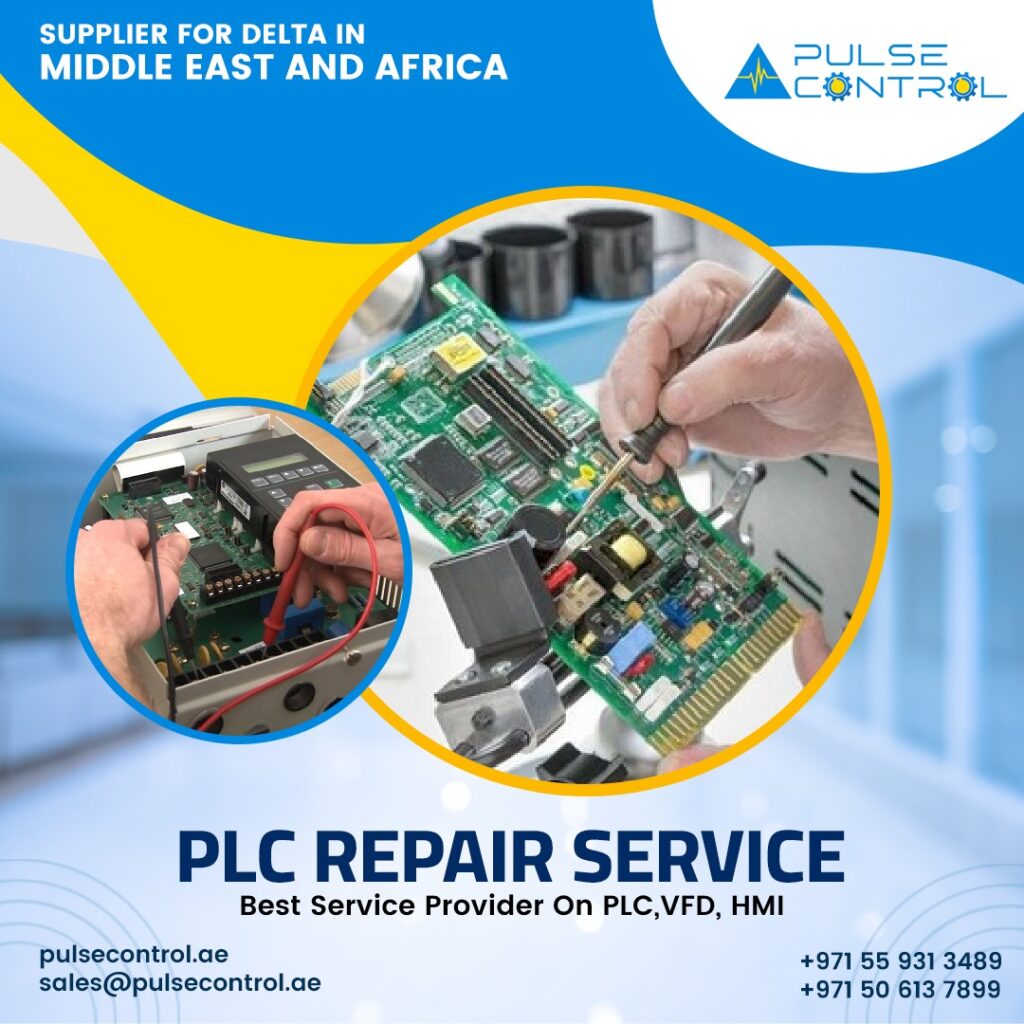We provide cutting-edge industrial automation solutions designed to enhance efficiency, improve productivity, and reduce operational costs. Our expertise spans across multiple industries, offering tailored solutions that streamline processes and optimize performance.
Automation System Integration
Automation system integration involves seamlessly incorporating advanced automation technologies into existing industrial setups. This process enhances operational efficiency, reduces human intervention, and ensures precision in production. By integrating automation into manufacturing plants, process industries, and industrial facilities, companies can achieve greater productivity, minimize downtime, and optimize resource utilization. Our solutions are designed to be scalable and adaptable, ensuring that automation systems can evolve alongside business growth and technological advancements.
Control Panel Design & Assembly
Control panels are the backbone of industrial automation, providing centralized control for machinery and equipment. We specialize in designing and assembling customized control panels tailored to specific industrial needs. Our panels integrate Programmable Logic Controllers (PLCs), Human-Machine Interfaces (HMIs), motor controllers, sensors, and safety devices to ensure smooth and efficient operations. With a focus on durability, user-friendliness, and compliance with international standards, our control panel solutions help industries achieve greater operational reliability and efficiency.
PLC & HMI Programming
Programmable Logic Controllers (PLCs) and Human-Machine Interfaces (HMIs) play a crucial role in industrial automation by enabling automated control, monitoring, and data collection. Our expertise in PLC programming ensures that machines operate with maximum precision, reducing errors and increasing production efficiency. Meanwhile, HMI programming allows operators to interact with machines through intuitive touchscreen interfaces, providing real-time data visualization, system diagnostics, and remote control capabilities. These automation solutions improve efficiency, safety, and overall process control.
Variable Frequency Drives (VFDs) – Installation & Commissioning
Variable Frequency Drives (VFDs) regulate motor speed and power consumption, leading to significant energy savings and improved motor performance. We provide expert installation and commissioning of VFD systems, ensuring seamless integration with existing automation setups. By optimizing motor control, VFDs enhance machine efficiency, reduce wear and tear, and lower energy costs. Our team ensures that VFDs are configured correctly for specific industrial applications, maximizing their benefits while ensuring system reliability.
Energy Monitoring Solutions
Energy efficiency is a critical factor in industrial operations, impacting both cost savings and environmental sustainability. Our energy monitoring solutions enable businesses to track energy consumption in real time, identify inefficiencies, and implement corrective measures to reduce waste. Through advanced sensors, data analytics, and automation integration, we provide actionable insights that help industries optimize their energy use, improve sustainability, and comply with regulatory standards.
Process & Machine Automation
Process and machine automation focuses on enhancing manufacturing and production line performance by reducing manual labor and improving consistency. Our automation solutions streamline assembly lines, packaging systems, material handling, and production processes, ensuring seamless operation and higher throughput. We develop custom automation solutions that improve accuracy, speed, and quality while minimizing waste and production errors. These technologies help industries achieve higher efficiency, improved product quality, and reduced production costs.
SCADA & Remote Monitoring
Supervisory Control and Data Acquisition (SCADA) systems provide real-time monitoring and control of industrial processes. Our SCADA solutions allow industries to monitor production lines, energy usage, equipment performance, and other critical parameters remotely. With remote access capabilities, businesses can oversee operations from anywhere, respond to system alerts, and make data-driven decisions to improve efficiency. SCADA integration enhances process reliability, predictive maintenance, and operational flexibility, making it an essential component of modern industrial automation.
Maintenance & Support
To ensure uninterrupted operations, we provide comprehensive maintenance and support services for industrial automation systems. Regular maintenance helps prevent breakdowns, prolongs equipment lifespan, and ensures optimal performance. Our support team offers troubleshooting, system upgrades, software updates, and emergency repairs to minimize downtime and maintain system efficiency. With proactive maintenance strategies and responsive technical assistance, we help industries maximize their automation investments and maintain operational excellence.
Our industrial automation solutions are designed to improve productivity, reduce costs, and enhance efficiency across various industries, including manufacturing, energy management, and process industries. By leveraging the latest automation technologies, we help businesses stay competitive in an increasingly automated world.




